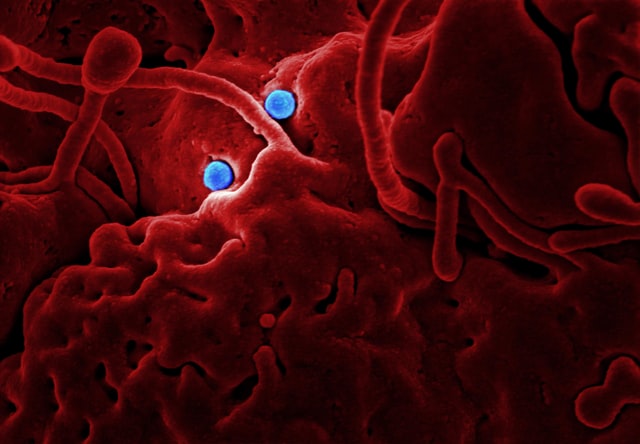Gut Bacteria Provides Clues for Cancer Immunotherapy
Nov, 2020 - By SMI

Share
The bacterial species that the team focused on is associated with many human cancers, so this mechanism may apply to humans.
The immune system is one of the most powerful tools people have in the fight against cancer. Now, the researchers have found a new and promising way to fight cancer. The immune system is a complex network of cells and proteins that protects the human body from infection and other diseases. The system keeps records of every microbe so that it can quickly detect and destroy germs upon entering the body. There is strong evidence that gut bacteria can affect anti-tumor immunity and the new research explains how certain species of gut microbiota can increase the effectiveness of cancer immunotherapy. The animal study provides a new pathway that may lead to bacterial therapies involved in cancer immunotherapy.
Checkpoint inhibitor therapy is a form of cancer immunotherapy. It is a powerful tool in the fight against cancer, however, does not work in all individuals. Over the years, the researchers have investigated which variables may affect the effectiveness of cancer immunotherapy, and one particular factor they have found is the gut bacteria. The team first investigated which particular bacteria is affecting the effectiveness of cancer immunotherapy. During this research, the researchers found that a bacterial metabolite, inosine plays an important role in activating anti-tumor T-cells.
The team used four mouse models with cancer and isolated three specific bacterial species, such as Olsenella, Lactobacillus johnsonii, and Bifidobacterium pseudolongum, linked to the positive results of the cancer immunotherapy. According to the study author, Lukas Mager, this bacterial metabolite interacts directly with T-cells and then together with immunotherapy, which improves the efficacy of the cancer treatment. However, it is not clear whether inosine itself can effectively provide the same effect. The bacterial species that the team focused on is associated with many human cancers, so this mechanism may apply to humans. The research was published in the Science journal.
Share
Stratagem Market Insights
533 Airport Boulevard, Suite 400, Burlingame, CA 94010, United States
Delivery Center
403, 4th Floor, Bremen Business Center
Aundh, Pune, Maharashtra 411007
India
